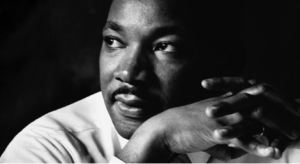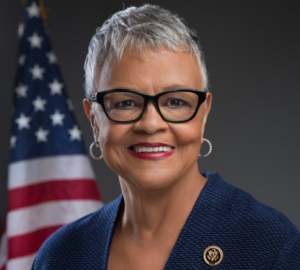The Franklin Township Dr. Martin Luther King Community Foundation Presents
Franklin Township’s Annual Dr. Martin Luther King Community Breakfast

Monday, January 20, 2025
8:30AM Breakfast Buffet & Celebration
Double Tree Hotel– Somerset
Admission $60
Keynote Speaker:

Bonnie Watson Coleman
Congresswoman, U.S. House of Representatives
For Event Information, Ticket Sales, Donations or Business Promotion Use QR Code Above or Visit: www.FTMLK.org
Email FTMLKCF@gmail.com Call 732-328-8374
No tickets sold at the door.
Purchase Tickets Before 1/15/2025
All tickets are available through the website.
PROCEEDS AND CONTRIBUTIONS WILL BE USED FOR THE FTMLKCF SCHOLARSHIP PROGRAM. DONATIONS CAN BE MAILED TO:
FRANKLIN TOWNSHIP DR. MARTIN LUTHER KING COMMUNITY FOUNDATION, INC.
P.O. BOX 5684 SOMERSET, NJ 08875 (PAYABLE TO: FTMLKCF)
FTMLKCF IS A 501(C)3 NON-PROFIT ORGANIZATION AND ALL DONATIONS ARE TAX DEDUCTIBLE

